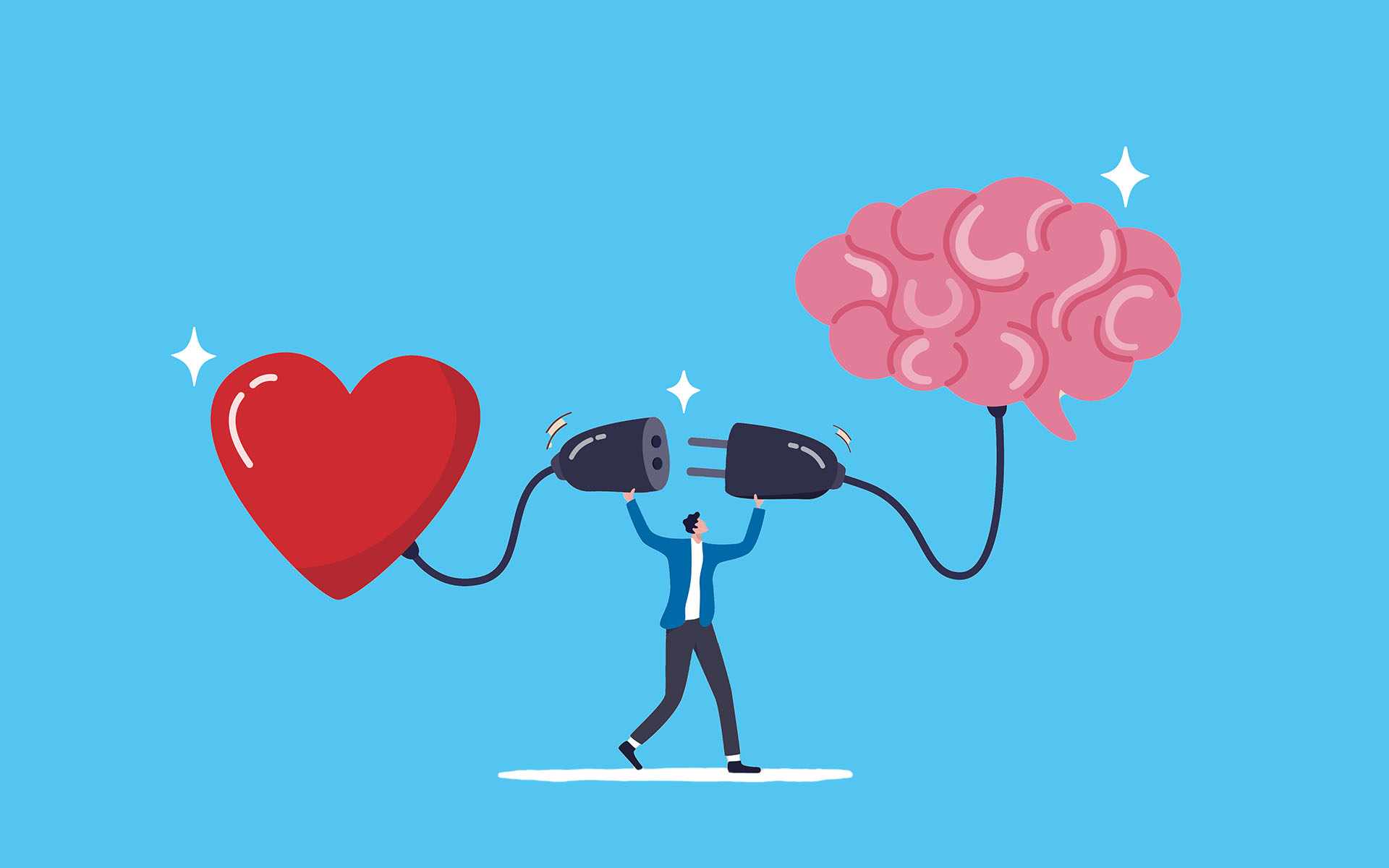Great leaders are inspiring and motivating. They are strategic thinkers who can see the big picture in business and in life. And yet to sustain this task in our modern age, great leaders must also be present, resilient, and healthy in body and mind.
Thanks to changes in technology, the world of work now moves at an accelerated pace. We now have the ability to communicate with people across the world in seconds and to work anytime, anywhere.
As a result, the line separating work and the rest of life has become increasingly blurred. We now live in a 24/7, “always on,” workplace culture. On top of all of that, most industries and businesses find themselves in a state of near constant change with increasing competitive pressures.
The unique pressures of the modern age pose a real threat to leadership and indeed our very wellbeing. Today’s leaders require more than management skills, financial acumen, and the ability to inspire.
No wonder so many people complain of feeling stressed, anxious, and overwhelmed, struggling to maintain peak performance.
The unique pressures of the modern age pose a real threat to leadership and indeed our very wellbeing. Today’s leaders require more than management skills, financial acumen, and the ability to inspire. Leaders also need the inner skills that will allow them to mitigate these modern pressures and to sustain their impact over time.
The Benefits of Mindful Leadership
We hear a lot these days about the benefits that mindfulness practice holds for individuals. It cultivates focus, reduces stress and anxiety, and builds the essential capacity of resilience.
We don’t hear as much about the unique role of mindfulness in cultivating inspiring and effective leaders—and yet it matters. In just about every form of work, business performance is ultimately a function of how our people are performing. When our people get burned out or overwhelmed with stress, absenteeism, turnover and health care costs skyrocket, productivity declines, and the bottom line suffers.
Mindfulness has been shown to increase sleep quality, boost productivity, and enhance focus. Leaders who begin training the skill of resilience are happier, healthier, more productive, and even more likely to stay committed to their organization.
So how can leaders begin training this ability to stay more present, productive, and resilient in the midst of life’s challenges? And how can they model and scale these practices throughout their organization?
The Three Most Effective Mindful Leadership Strategies
Here are three powerful, easy to implement, mindfulness strategies that we have found to be most effective in our work across a vast array of industries:
1. Pause before a big meeting
Most meetings flow in the same, counter-productive, way. Everyone straggles into the conference room, you talk about random office banter for a few minutes, and then, for the next 30 to 60 minutes, most people in the room are half paying attention to the meeting and half paying attention to their Instagram, Facebook, or email.
One of the most powerful antidotes to today’s meeting culture of multitasking and distraction is a practice we called “The Arrival.”
Here’s how it works: The leader of the meeting begins by inviting everyone to take 60 seconds to do whatever they need to do to be present. This could be taking several mindful breaths, it could be a quick stretch, or it could even be sending that last text or email.
By starting with a moment of presence, this practice not only builds the momentum of focused engagement, but also helps to create a broader culture of mindfulness at work.
2. Practice mindfulness on the go
We encourage all leaders to build a regular formal meditation practice, to carve out time for 10, 20, or 30 minutes each day. And yet we have found that many of the most effective leaders also practice mindfulness more informally throughout the day. It’s the practice of following your breath for several minutes while riding in an Uber, focusing on sounds while you wait in the TSA security line at the airport, or noticing the sensations in your feet as you walk from your desk to the bathroom.
By turning these in-between moments into opportunities for mindfulness, you carve out space from the incessant distraction and information overload of modern life, space that allows you to stay grounded and present during even the most rushed and harried workdays.
3. Prioritize time without distractions
Many of the leaders we work with express a common challenge. They’re so busy fighting fires, attending meetings, and trying to reach the bottom of their inbox that they run out of time for their highest priority work. To counter this trap, we encourage leaders to set aside offline time each day for full engagement. This could be 15 minutes, 30 minutes, or even several hours.
The benefits of blocking calendar space for engagement are extraordinary. You may find that you get more done in a short time than you would otherwise get done in entire day or even a week.
This practice does, however, come with one significant challenge. Most leaders will need to guard this sacred time for engagement from the hundreds of incoming meeting requests, events, and opportunities. Your coworkers, vendors, investors, and even your family will continuously try to capture a sliver of this white space. If you can protect it, however, you will experience the profound benefits of having dedicated time for fully engaged, fully present, work each day.
By using these three mindfulness strategies, you will not only improve your ability to impact the world. You will also model something essential to your entire work community: the deep and interconnected relationship between caring for one’s wellbeing and growing a wildly successful organization.
Eric Langshur and Nate Klemp, PhD. are co-authors of the New York Times Bestselling book: Start Here – Master the Lifelong Habit of Wellbeing.







